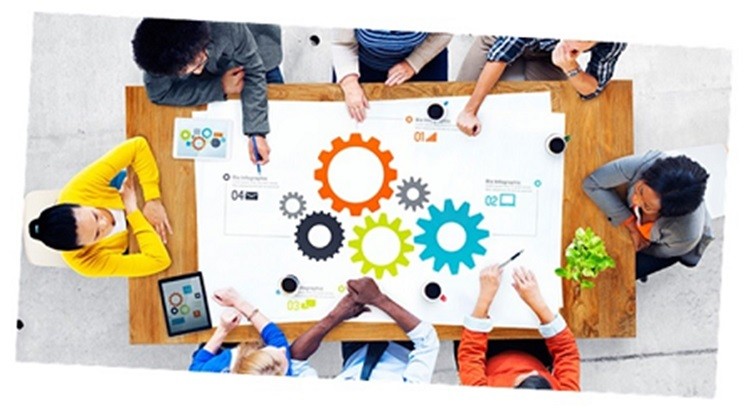
Project Based Learning (PBL) is a teaching method where students learn by engaging in projects that provide hands-on learning. Not everybody learns in the same manner, there are many who prefer a hands-on learning approach, as opposed to learning only by reading or hearing.
This is where Project Based Learning is a nice teaching method that can be used to supplement the existing teaching methods, and a lot of schools in India are already doing that.
GET INSTANT HELP FROM EXPERTS!
- Looking for any kind of help on your academic work (essay, assignment, project)?
- Want us to review, proofread or tidy up your work?
- Want a helping hand so that you can focus on the more important tasks?
Hire us as project guide/assistant. Contact us for more information
In Project-based learning, students are divided into groups and each group is assigned a topic. More and more schools are adopting this method of learning our books-based learning. School students (in classes V to X) are more than happy with the new approach, away from the routine textbook teachings.
The project approach involves children in an in-depth exploration of a topic of interest — thinking about what they already know, asking questions that guide their investigations, and making decisions about the work to be done. As knowledge increases, children begin to process and express their learning through such activities as collecting data, making observational drawings and constructing models.
Parents are happy too. “The children do a lot of research on these projects. While working on their models they realise the practicality of a theoretical concept,” said a parent of a Mumbai based school.
Related: Integrated school projects.
Presentation skills is now a part of school curriculum from a very young age, starts in primary schooling itself. First standard students have to talk about projects in in front of their teachers. Small groups are formed, and one by one every student has to talk about their projects individually (each student has to explain whole project). And kids also have to present in front of parents.
PBL is a student-centered 21st Century educational model. PBL students develop high level critical thinking skills. They demonstrate flexible knowledge, metacognition, effective problem solving strategies, and deep understanding of content through collaboration and active learning.
Similar programmes in the US, have a proven track record of producing students who are university bound, driven to learn & successful in their chosen academic fields.
Even the Ministry of Human Resources Development (India) understands the ‘curriculum load’ that the current education system in India can place on the students and it is trying to improve the situation by encouraging the use of more practical teaching methods.
MyDream project: Indian government initiative to implement PBL in several schools across India.
In this teaching style, students work on a project for a considerable period of time with the intention of answering a more challenging question or solving a real-world problem. At the end of the project, the students demonstrate their knowledge and skills acquired through the project by creating a presentation (or even creating a public product).

“Instead of rote memorization for the sole purpose of passing a test, project-based learning ignites leadership skills within students & creates memorable learning moments through real-world situations. PBL requires students to answer essential questions that take them beyond the walls of their classroom. PBL transforms students into lifelong learners who possess 21st century skills and are intrinsically motivated to solve complex problems for personal development & the betterment of the community.”
Combining PBL with the other curriculum enables schools to move to the forefront of learning in Mumbai’s competitive education community. University & college recruiters ask schools to give them students that are analytical, thinkers, & independent learners; the exact skills which PBL programme fosters in its students.
Project Based Learning (PBL) is gradually making its presence felt in schools in India and can teach students how to put theoretical knowledge into practice and learn to think on their feet.
Several schools also let students choose a few personal projects of their own liking that let them explore different topics and themes, which in turn help them acquire real-life skills that will benefit them in the years ahead.
Learning Targets: Global Awareness, Information Literacy, Visual Literacy, Multicultural Literacy, Adapting to or Managing Complexity, Self-Direction, Creativity, Risk-Taking, Teaming and Collaboration, Critical Thinking, and Effective Communication.

Leave a Reply